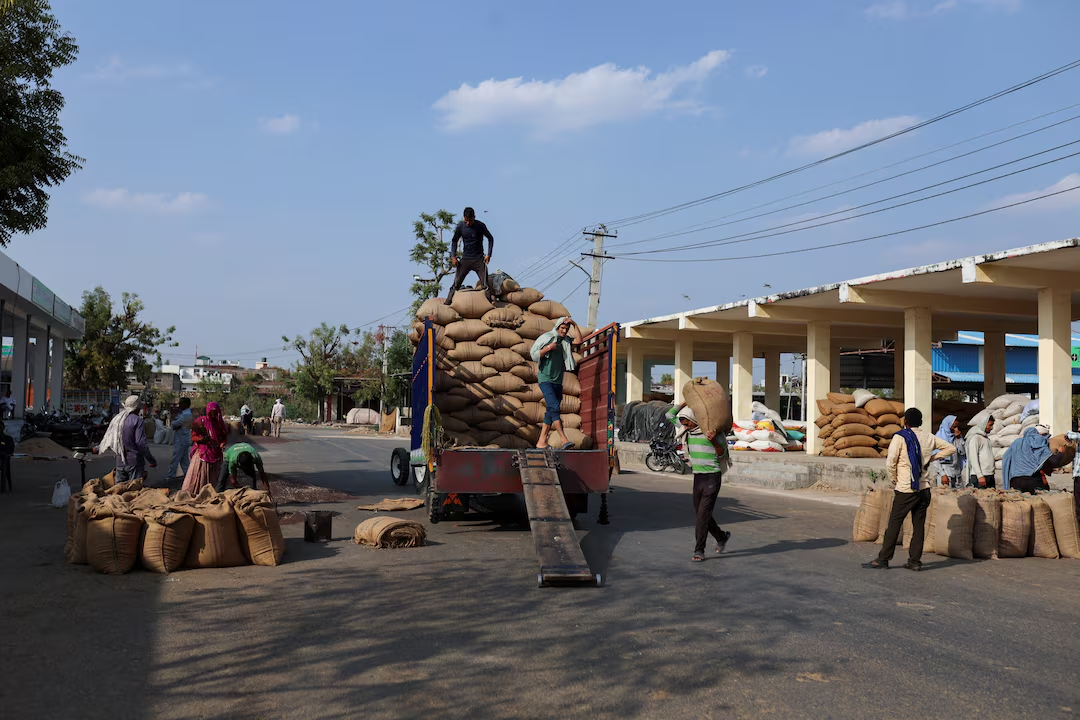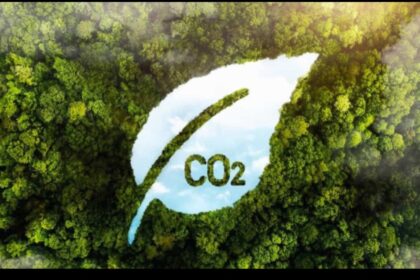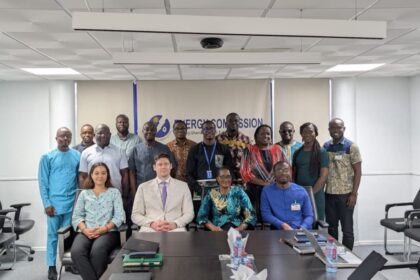In the bustling markets and the quiet villages across the country, a silent crisis unfolds daily in Ghanaian kitchens. Millions of families in rural communities still rely on traditional cooking methods that are slowly poisoning their homes and degrading the environment they call home.
Walk through any local community in Ghana, and you’ll see the familiar sight of women and children gathered around smoky fires, preparing meals with firewood, charcoal, or crop residues. According to recent estimates, over 16 million Ghanaianss, nearly two-thirds of the population, still depend on these traditional cooking fuels. In rural areas, this figure climbs to an alarming 90 percent.
The three-stone fire, a cooking method passed down through generations, remains the norm in many households. While it represents cultural heritage and economic necessity, it comes with devastating consequences that extend far beyond the kitchen.
The smoke billowing from traditional cookstoves contains a deadly cocktail of pollutants that rival those found on busy Accra streets. Women and children, who spend hours near these fires, inhale toxic fumes equivalent to smoking several packs of cigarettes daily.
The grim reality is that respiratory diseases are increasing among rural women. The fine particles from cooking smoke penetrate deep into the lungs, causing pneumonia in children and chronic obstructive pulmonary disease in adults. The statistics are sobering.
Household air pollution from cooking fires contributes to over 13,000 deaths annually in Ghana, with women and children bearing the heaviest burden. Pneumonia, largely attributed to indoor air pollution, remains one of the leading killers of children under five in the country.
The environmental impact of traditional cooking extends far beyond individual homes. Ghana loses approximately 2 percent of its forest cover annually, with fuelwood collection being a major contributor. The Northern regions, already facing desertification pressures, are particularly vulnerable.
We’re cutting down trees faster than they can regrow, and this deforestation doesn’t just affect our forests, it disrupts rainfall patterns, contributes to soil erosion, and accelerates climate change impacts. The carbon footprint is equally concerning. Traditional cooking methods in Ghana generate millions of tons of CO2 annually, undermining the country’s climate commitments under the Paris Agreement.
Black carbon from inefficient burning also contributes to regional air pollution, affecting both urban and rural communities. Clean cookstoves represent a beacon of hope in this crisis. These improved cooking technologies can reduce fuel consumption by up to 60 percent while cutting harmful emissions by 80 percent. Modern designs range from simple improved biomass stoves to advanced liquefied petroleum gas (LPG) systems.
A few Ghanaian communities have already witnessed the transformation. With the introduction of improved cookstoves, women report spending half the time collecting firewood and experiencing fewer respiratory problems. Children can study in smoke-free environments, and families save money previously spent on medical treatment. The economic argument for clean cooking is compelling. While the initial investment in an improved cookstove might seem daunting for rural families, the long-term savings are substantial.
Reduced fuel consumption means less money spent on charcoal or fewer hours collecting firewood, time that can be redirected to income-generating activities. Women entrepreneurs in regions like Brong-Ahafo and Western have started small businesses with the time saved from efficient cooking, contributing to household incomes and community development.
The clean cooking sector itself presents opportunities for local manufacturing, distribution, and maintenance services. Transforming Ghana’s cooking landscape requires coordinated action across multiple fronts. The government must lead by implementing supportive policies, including subsidies for clean cookstoves and stricter regulations on traditional fuel harvesting. Financial institutions can develop innovative micro-credit schemes that make clean cooking technologies accessible to low-income households.
The recent success of mobile money platforms in Ghana provides a model for how technology can facilitate affordable access to clean energy solutions. Community engagement remains crucial. Traditional leaders, women’s groups, and religious organizations must champion the clean cooking message, addressing cultural barriers and misconceptions about new technologies.
Private sector involvement is equally vital. Local manufacturers should be encouraged to produce affordable, culturally appropriate cookstoves that meet Ghanaian cooking needs. International partnerships can provide technical expertise and initial capital for scaling up production.
The transition to clean cooking is not just an environmental imperative, it’s a pathway to healthier families, stronger communities, and a more sustainable Ghana. Every smoke-free kitchen represents a victory against preventable diseases, environmental degradation, and economic hardship. The technology exists, the benefits are clear, and the urgency is undeniable.
What Ghana needs now is the collective will to turn this vision into reality. The time for action is now, before another generation of children grows up breathing toxic smoke in their own homes.
As we stand at this crossroads, the choice is clear: continue down the path of traditional cooking with its devastating consequences, or embrace clean cooking technologies that promise healthier lives and a more sustainable future for all Ghanaians.
By: Catherine Suttah Executive Director- Africa Climate Futures
Source: www.climatewatchonline.com












